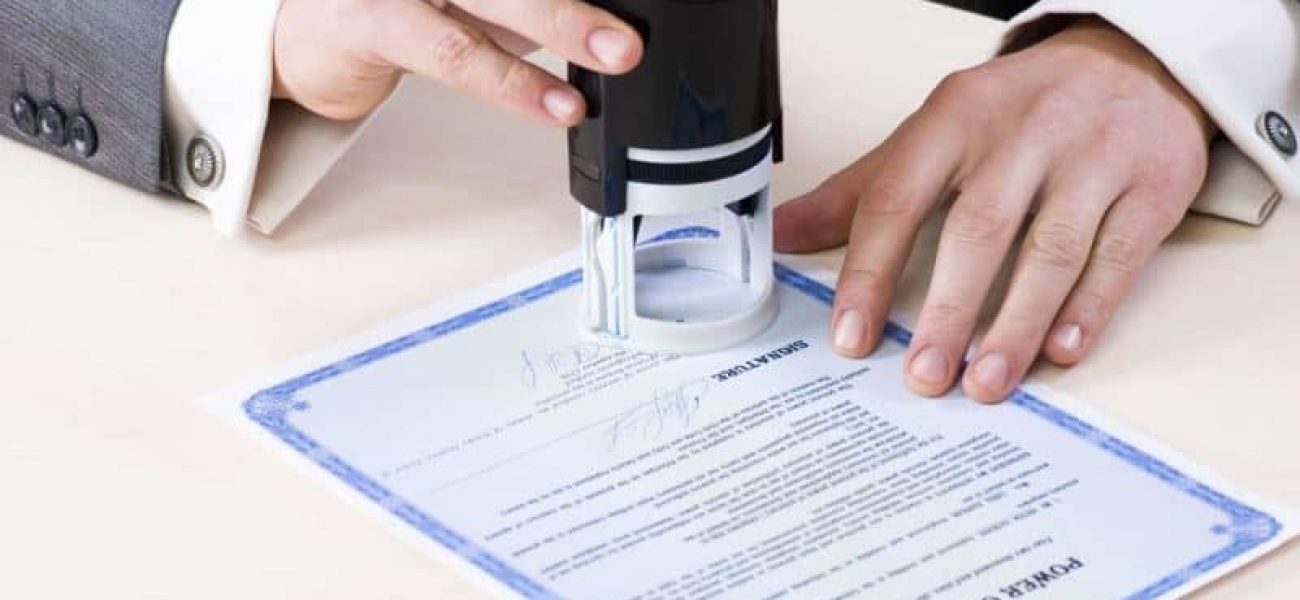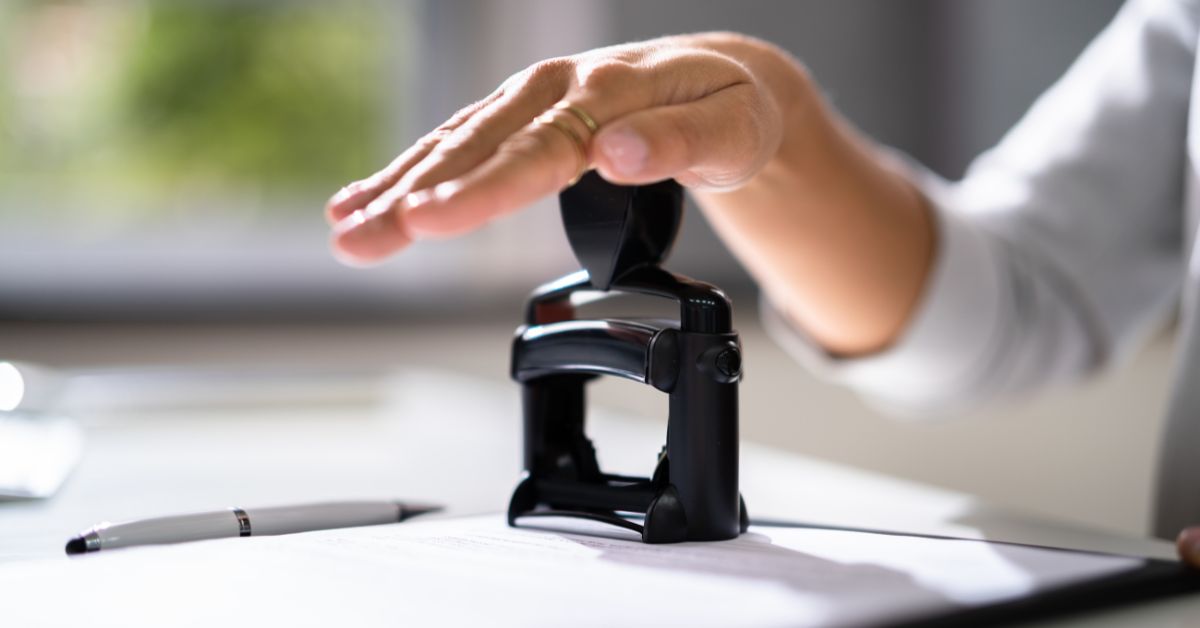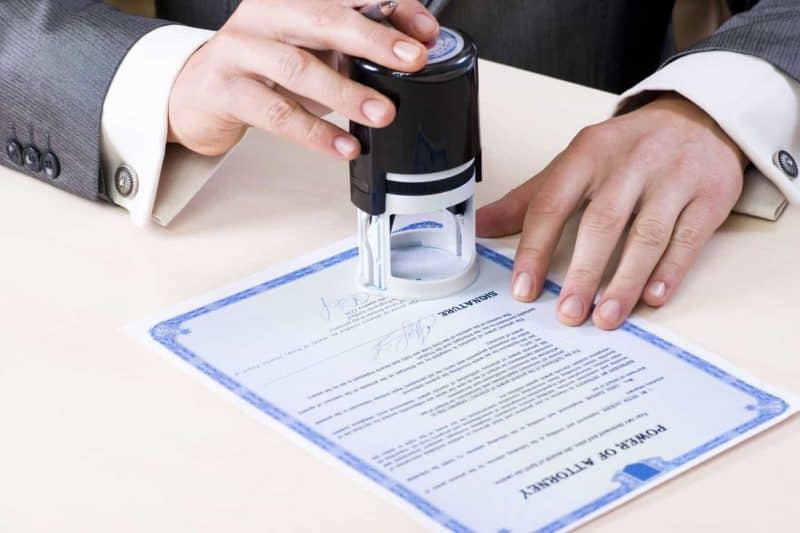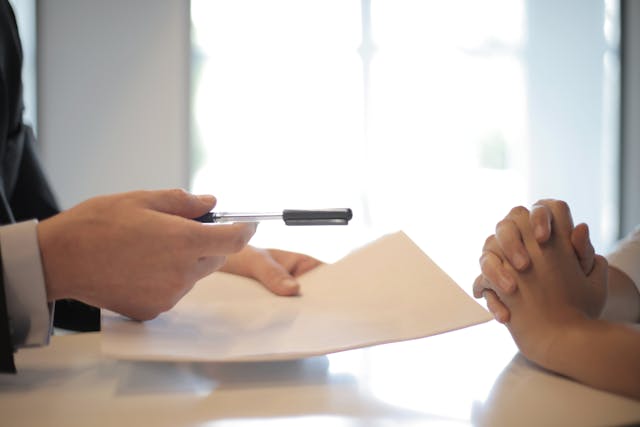Diploma legalization is a crucial step for anyone planning to study or work abroad. In many cases, it’s even mandatory. The process ensures that your diploma is officially recognized in another country. Unfortunately, diploma legalization doesn’t always go smoothly. Many people make mistakes that lead to delays, additional costs, or even rejection of their documents. That’s why we’re here to help: below, we’ve outlined the five most common mistakes — and how you can easily avoid them.
1. Applying for the wrong type of legalization
Not all countries have the same diploma legalization requirements. Depending on where you plan to use your diploma, different procedures may apply. Two common methods are:
- Apostille: A simplified form of legalization accepted only by countries that are part of the Apostille Convention. With an apostille, the document needs to be legalized by only one competent authority, making the process much faster.
- Consular Legalization: For countries not part of the Apostille Convention, a more complex process is required. This usually involves multiple institutions, including the Ministry of Foreign Affairs and the destination country’s embassy. It typically takes more time and may incur higher costs.
How to avoid this mistake:
- Always verify in advance whether your destination country accepts an apostille or requires full consular legalization.
- Consult the relevant embassy or official authorities such as DUO or the Ministry of Foreign Affairs for up-to-date information.
- Be aware of additional requirements such as translations or supporting documents to avoid surprises later on.
2. Submitting incomplete or incorrect documents
Many people assume that just their diploma is sufficient, but additional documents are often required. These may include a certified copy of your diploma, a transcript, a statement of authenticity, or a letter from your educational institution. Missing one of these can delay the process — or lead to outright rejection.
How to avoid this mistake:
- Check with DUO, the Ministry of Foreign Affairs, or the embassy to determine exactly which documents are needed.
- Ensure all documents are complete, correctly filled out, and contain required signatures and stamps.
- Verify if the documents need official certification or an apostille before submission.
- If needed, have your documents translated by a sworn translator to meet the language requirements of the destination country.
- Submit all required documents at once to prevent unnecessary delays.
3. Underestimating Processing Times
Legalizing a diploma often takes time. Multiple authorities may be involved, and processing times vary depending on the country and legal requirements. Delays such as embassy backlogs or additional verification steps can prevent your diploma from being ready in time for study or work abroad.
How to avoid this mistake:
- Start the legalization process well in advance, ideally as soon as you know your diploma will be needed.
- Ask the relevant authorities for estimated timelines.
- Account for extra time needed for translations, apostilles, and embassy legalization.
- Avoid peak periods when embassies and institutions are likely to be overburdened, such as the start of the academic year.
- If possible, use a professional service to streamline the process and reduce delays.
4. Using Incorrect or Incomplete Translations
Many countries require that your diploma be translated into their official language. An incorrect, incomplete, or uncertified translation can lead to rejection and delay your plans. In addition, some countries have strict requirements for how translations must be formatted and validated.
How to avoid this mistake:
- Always use a sworn translator for official and certified translations.
- Ask the embassy or other official institutions whether additional legalization of the translation is required.
- Make sure the translation matches the legal terminology and format required by the destination country.
- Request the translation well in advance to avoid last-minute issues.
5. Not using a professional service for guidance
Handling diploma legalization on your own can be overwhelming. Without knowledge of the correct procedures and requirements per country, it’s easy to make mistakes — from submitting incomplete applications to choosing the wrong legalization method or contacting the wrong institutions.
How to avoid this mistake:
- Work with an experienced professional service, such as JuridConsult, to guide you through each step.
- A specialist ensures your diploma is legalized correctly, without unnecessary delays or extra costs.
- With expert help, you avoid common pitfalls and ensure a smooth, efficient process.
Avoid these pitfalls and legalize your diploma without stress
Diploma legalization is an essential part of preparing for life or work abroad — but as you’ve seen, there are several pitfalls to watch out for. By doing your research, starting early, and working with the right professionals, you can navigate the process with confidence.
Need help legalizing your diploma? Contact JuridConsult — we’re here to guide you every step of the way.






